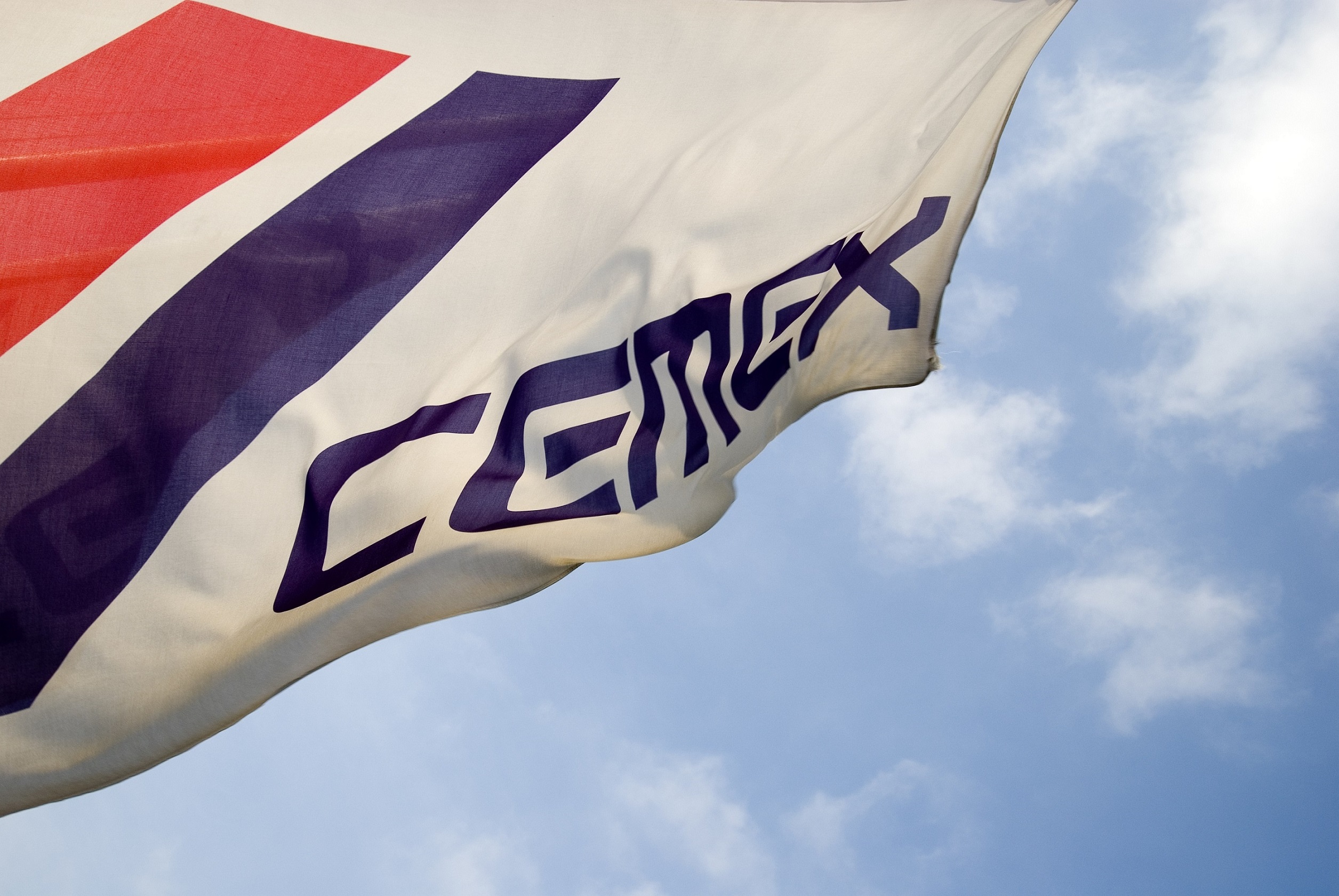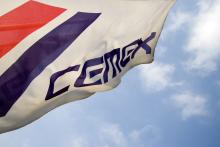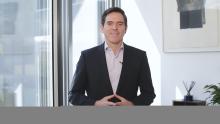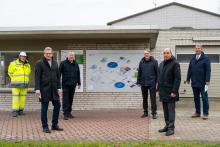
Together with industrial and academic partners, the international consortium has submitted a funding application under the German Federal Ministry for Environment, Nature Conservation and Nuclear Safety (BMU) funding call to receive financial support for the challenging startup phase of the project. Concrete Chemicals is a substantial part of the Rudersdorf Carbon Neutral Alliance aiming for carbon neutrality at this site by 2030.
In the current ramp-up of the green hydrogen economy, pioneering large-scale projects are essential to achieve the EU's ambitious climate targets. Concrete Chemicals marks an important milestone towards carbon neutrality. The consortium of industry leaders sets the path for achieving a clean cement production process by converting emitted CO2 into valuable and renewable products, e.g. for the chemicals and transport industry.
Once the funding has been approved, a large-scale demonstration plant will be constructed directly at Cemex's Rüdersdorf cement plant, which is considered as one of Germany's biggest cement production sites. After the planned commissioning in 2025, the facility will produce 5,000 tons of green hydrocarbons per year in the first project stage. The feedstocks of the plant will be CO2 captured on-site from the cement plant and green hydrogen produced by a co-located Sunfire electrolyser. In a subsequent step, the produced green hydrocarbons can be converted into synthetic fuels and various renewable chemical products. Furthermore, the consortium is investigating a methanol synthesis route that produces green methanol from syngas. The final technological path will be defined in the course of the project development, with the determined product focus forming the basis for the technical design of the plant.
"We support the urgency of action to address the climate challenge and have committed to a 55% reduction in CO2 from our 1990 baseline in our European operations by 2030. Together with our industry partners, we can collectively transform ourselves into a CO2 neutral world. Concrete Chemicals is a promising project and a substantial part of Cemex's innovative Carbon Neutral Alliance initiative to develop industrial-scale demonstration projects utilising groundbreaking technologies", says Sergio Menendez, regional president for Cemex EMEA.
In the project's scope, German cleantech company Sunfire provides a 20 megawatt pressurised alkaline electrolyser to produce green hydrogen and a high-temperature Co-SOEC (solid oxide fuel cell) electrolyser to generate syngas – a mixture of hydrogen and carbon monoxide. It marks the world's first implementation of two different electrolysis technologies combined in one process. Sunfire's electrolysis technologies are the most reliable and efficient solutions currently available in the market.
"We strive to bring renewables everywhere – especially to industry sectors with a heavy CO2 footprint. Our electrolysis solutions are helping our customers to develop a green hydrogen ecosystem and reduce their carbon emissions. We look forward to contributing our deep expertise and reliable technology to the Concrete Chemicals consortium. Together with strong industrial partners and political support, we will take a significant step towards carbon-neutrality", says Sunfire CEO Nils Aldag.
The Concrete Chemicals facility in Rüdersdorf will be powered solely by renewable electricity from ENERTRAG wind and solar power plants in the Brandenburg region. The deployment of the project will offer the opportunity to serve as a blueprint for the cement industry in Europe and worldwide – demonstrating the technological possibilities to turn CO2 into utilisable products. Achieving a low carbon cement production in the long term, the project will contribute to reaching the European Green Deal's targets.
"We've honed our knowledge in sector coupling and hydrogen production not only through our experience with the multiannual operation of our electrolysis plant but also through active participation in several research and innovation projects. Now we are bringing this knowledge to drive the energy transition into sectors that have historically been difficult to decarbonise and help to build a market for green hydrogen", states Jörg Müller, CEO of ENERTRAG.
For further information on the project visit www.concrete-chemicals.eu










